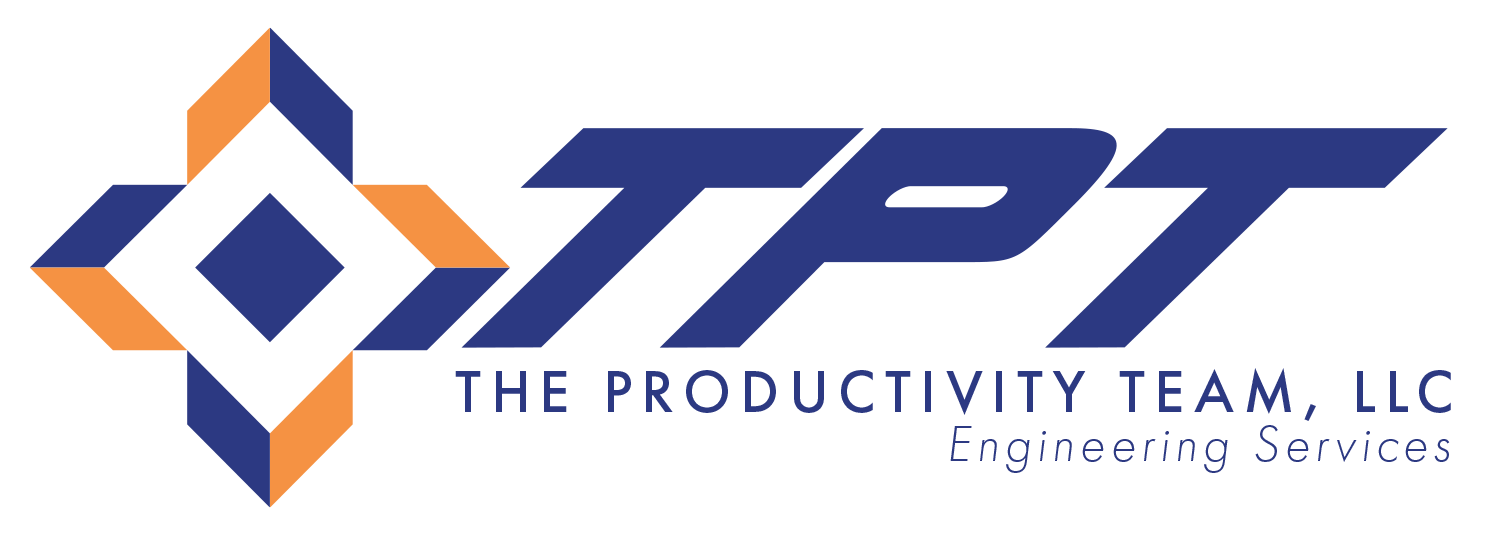Due diligence for facility acquisition in engineering is a comprehensive evaluation process undertaken to assess the viability, risks, and potential of a facility before its purchase. This process is crucial for ensuring that the acquisition aligns with the strategic, operational, and financial goals of the acquiring entity.
Assessing Physical Infrastructure
The due diligence process begins with a thorough inspection of the physical condition of the facility. Engineering consultants conduct detailed assessments of the building’s structural integrity, electrical systems, plumbing, HVAC (heating, ventilation, and air conditioning), and other critical infrastructure components. This includes identifying any existing or potential issues that could require significant repairs or upgrades, which could impact the overall cost and feasibility of the acquisition.
Environmental and Regulatory Compliance Checks
Environmental assessments are also a key component of due diligence. This involves evaluating the site for potential environmental liabilities, such as soil contamination, hazardous materials, and compliance with environmental regulations. Identifying these issues early on is crucial for mitigating risks and avoiding costly remediation efforts in the future.
Review of Zoning and Regulatory Compliance
Another critical aspect is the review of regulatory compliance and zoning requirements. Engineering consultants examine the facility’s adherence to local building codes, safety regulations, and zoning laws to ensure that the facility can be used for its intended purpose without legal complications. This step helps in identifying any necessary modifications or permits required for compliance.
Evaluating Operational Efficiency
Additionally, due diligence involves assessing the facility’s operational efficiency and capacity. This includes evaluating the layout and design of the facility to determine if it meets the current and future needs of the business. Consultants may analyze workflow processes, material handling systems, and space utilization to identify opportunities for optimization and ensure the facility can support efficient operations.
Financial Analysis for Informed Decision-Making
Financial analysis is also an integral part of due diligence. This includes estimating the costs associated with necessary repairs, upgrades, and ongoing maintenance, as well as projecting the facility’s potential return on investment. Understanding these financial implications helps in making informed decisions about the acquisition.
Conclusion: The Value of Meticulous Due Diligence
Due diligence for facility acquisition in engineering is a meticulous process that ensures informed decision-making, minimizes risks, and maximizes the strategic value of the acquisition. By conducting thorough evaluations, engineering consultants help organizations secure facilities that align with their operational goals and provide a solid foundation for future growth and success.
Contact Us to Learn More About TPT
TPT is the leading provider of facility planning and engineering services. Contact us today to speak with one of our planning and engineering specialists.
